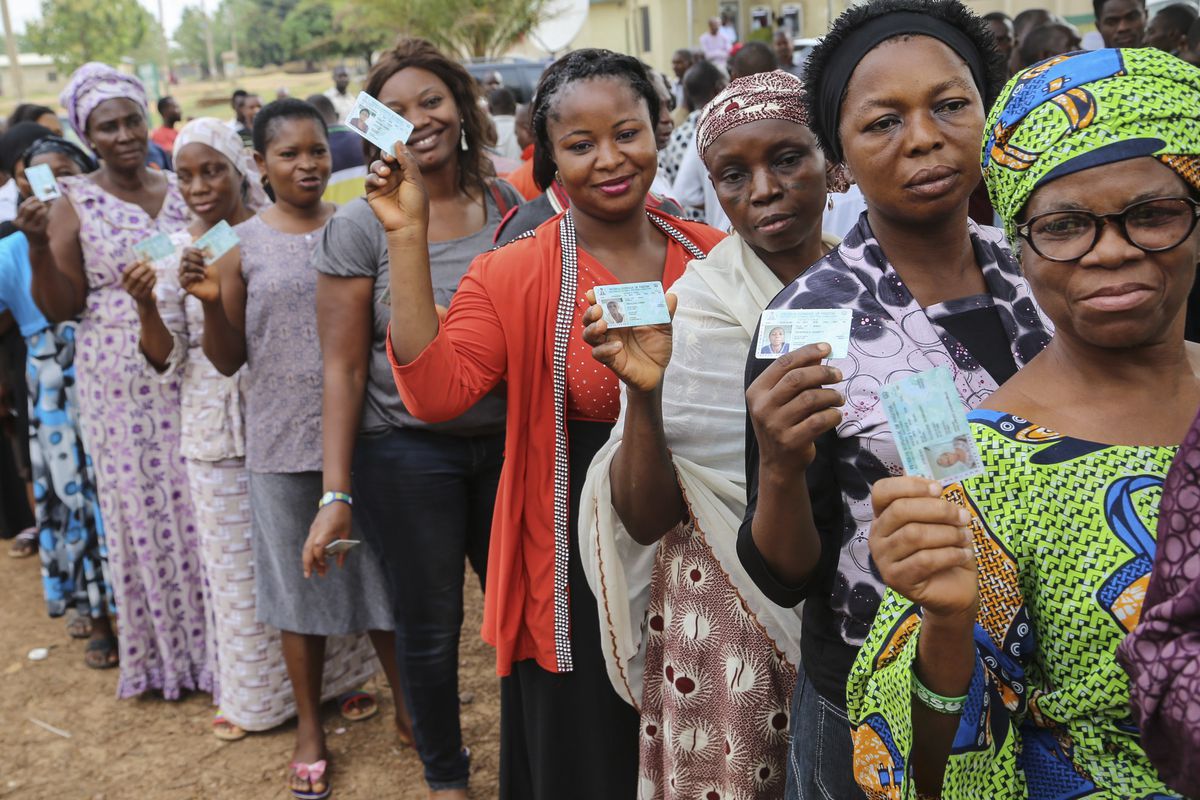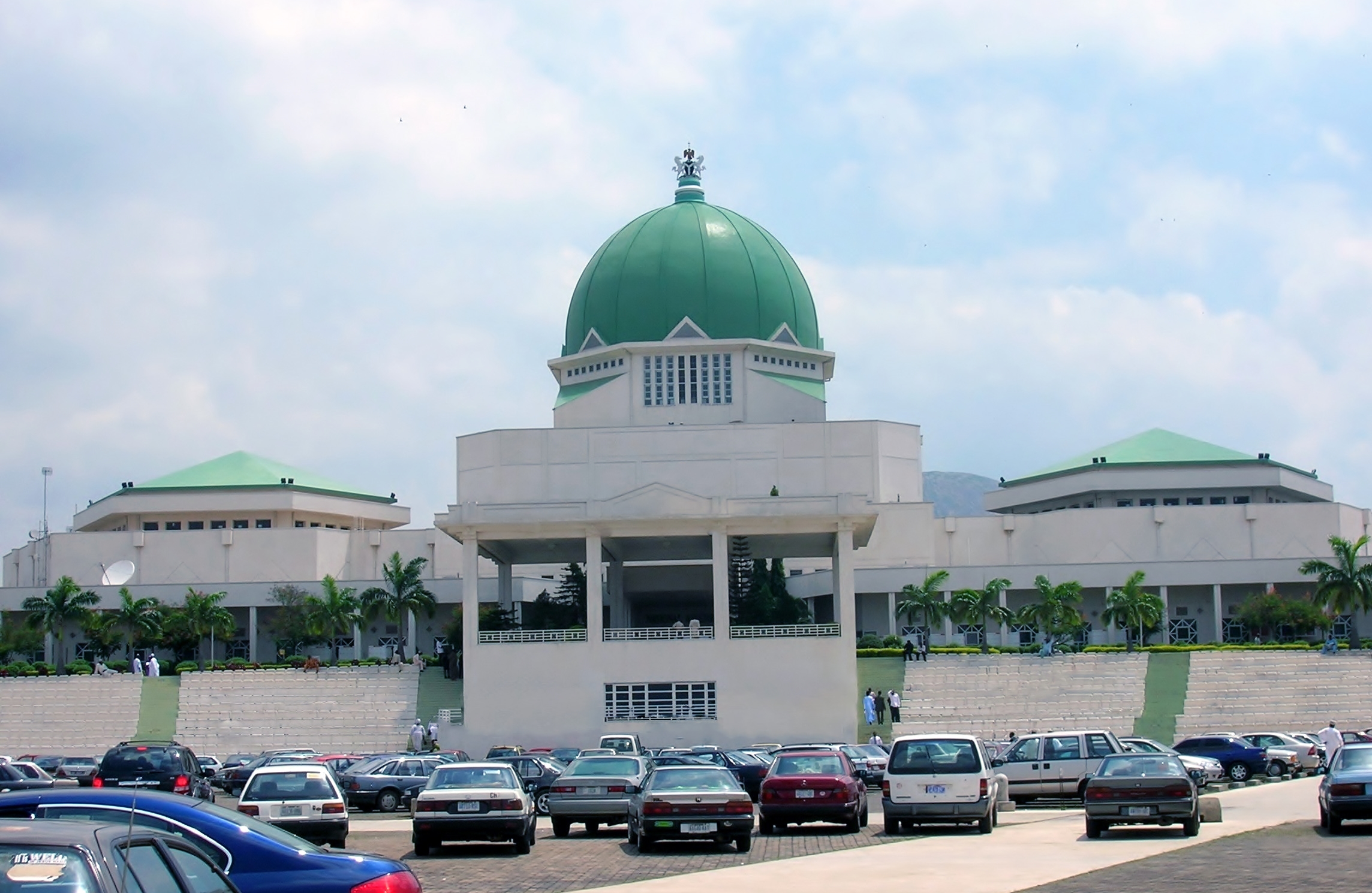ANALYSIS: Concerns over declining representation of women in Nigerian parliament after 2023 elections
Nigeria's estimated population of over 200 million makes it the most populous country in Africa. Women and girls represent 49.32% of this population. However, you are unlikely to notice it in the political life of the country which is also the largest democracy in Africa.
While women make a significant contribution to Nigerian politics, especially on election days, their representation in political and decision-making positions needs to be improved, analysis by PREMIUM TIMES has shown.
The under-representation of women can be attributed to factors such as cultural stereotypes, religion and the country's patriarchal social structure. And despite a growing call for gender equality in Nigerian politics, these factors make it difficult for women to secure high positions in government.
The results of Nigeria's just-concluded 2023 elections have continued to raise concerns among political analysts and activists about women's participation and representation.
 Nigerian Voters
Nigerian VotersAlthough many women submitted candidacies for various political positions, only a few were given the green light by their party to run in the general elections due to mainly financial constraints, cultural preconceptions and socio-political factors marginalization by men.

However, some of the few women who participated in the elections showed remarkable determination and resilience, defying all odds to put up a good fight. A notable example is the Allied People's Movement (APM) presidential candidate, Chichi Ojei. Although she did not win, and even lost, her party's support, her participation significantly challenged traditional gender roles and stereotypes in the Nigerian political space.
Meanwhile, statistics indicate that the number of women elected to the National Assembly in 2023 is the lowest since 2003, when 24 women were elected.
The 2007 general elections produced the highest number of women in the National Assembly with 34 elected. The second lowest number was recorded in 2011 and repeated in the 2015 elections with 29. The lowest was in 1999 with only 15 women elected.

Nigeria's estimated population of over 200 million makes it the most populous country in Africa. Women and girls represent 49.32% of this population. However, you are unlikely to notice it in the political life of the country which is also the largest democracy in Africa.
While women make a significant contribution to Nigerian politics, especially on election days, their representation in political and decision-making positions needs to be improved, analysis by PREMIUM TIMES has shown.
The under-representation of women can be attributed to factors such as cultural stereotypes, religion and the country's patriarchal social structure. And despite a growing call for gender equality in Nigerian politics, these factors make it difficult for women to secure high positions in government.
The results of Nigeria's just-concluded 2023 elections have continued to raise concerns among political analysts and activists about women's participation and representation.
 Nigerian Voters
Nigerian VotersAlthough many women submitted candidacies for various political positions, only a few were given the green light by their party to run in the general elections due to mainly financial constraints, cultural preconceptions and socio-political factors marginalization by men.

However, some of the few women who participated in the elections showed remarkable determination and resilience, defying all odds to put up a good fight. A notable example is the Allied People's Movement (APM) presidential candidate, Chichi Ojei. Although she did not win, and even lost, her party's support, her participation significantly challenged traditional gender roles and stereotypes in the Nigerian political space.
Meanwhile, statistics indicate that the number of women elected to the National Assembly in 2023 is the lowest since 2003, when 24 women were elected.
The 2007 general elections produced the highest number of women in the National Assembly with 34 elected. The second lowest number was recorded in 2011 and repeated in the 2015 elections with 29. The lowest was in 1999 with only 15 women elected.
What's Your Reaction?






















